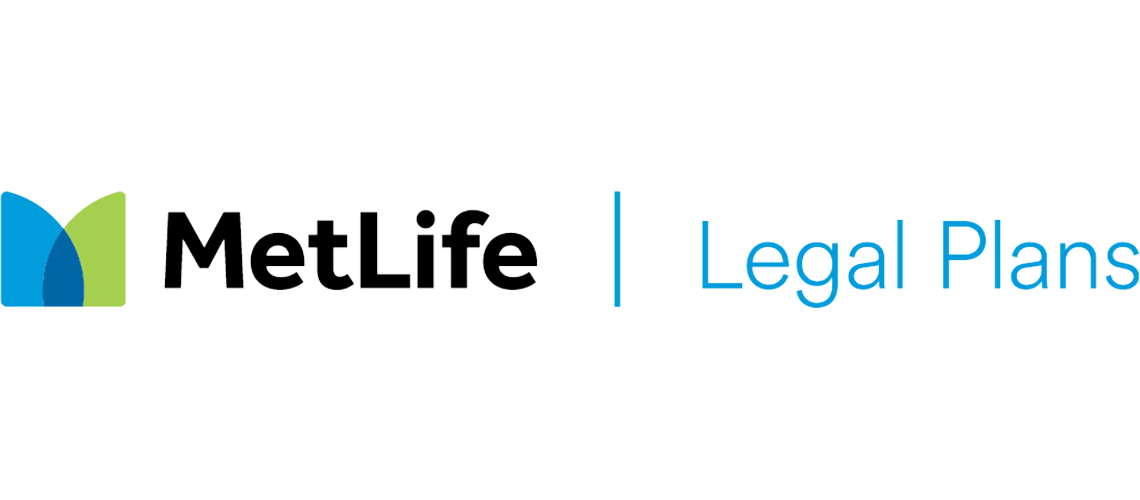
Is your SSN, email (or worse) for sale on the Dark Web?
The Dark Web (also known as the Darknet) is an anonymous part of the internet that is not accessible through traditional search engines and web browsers like Chrome, Safari, or Firefox. Unlike the “Surface Web” which is accessible to everyone, or even the “Deep Web” — which includes password-protected sites like your email account — the “Dark Web” can only be accessed using specialized encrypted browsers like TOR.
Encryption scrambles the data and browsing history of Dark Web users, making this area of the internet appealing to hackers who can trade and sell stolen information and illegal goods without the fear of being tracked.

Is your SSN, email (or worse) for sale on the Dark Web?
The Dark Web (also known as the Darknet) is an anonymous part of the internet that is not accessible through traditional search engines and web browsers like Chrome, Safari, or Firefox. Unlike the “Surface Web” which is accessible to everyone, or even the “Deep Web” — which includes password-protected sites like your email account — the “Dark Web” can only be accessed using specialized encrypted browsers like TOR.
Encryption scrambles the data and browsing history of Dark Web users, making this area of the internet appealing to hackers who can trade and sell stolen information and illegal goods without the fear of being tracked.
How does your data end up on the Dark Web?
If your private information is leaked to the Dark Web, scammers can use it to steal your identity, rack up debts in your name, deplete your Medicare benefits, or ruin your credit history.
Method 1: Data Breaches
Hackers launch cyberattacks on organizations that store sensitive data, such as your Social Security number, credit card number, or bank or online account credentials. Many cybersecurity experts say it’s safe to assume that every single SSN has been leaked in a recent data breach [*].
Method 2: Being Hacked Over Public Wi-fi
Hackers can hack your router, spy on your Wi-Fi connection, and even eavesdrop on your conversations to steal personal information such as credit card details, passwords to your social media accounts, and even compromise your online banking apps.
Method 3: Phishing Scams
Identity thieves can trick you into disclosing valuable information by impersonating reputable companies, government agencies, or even your friends or family via fake web pages, emails, or text messages.
Method 4: Malware and Other Cyberattacks
Scammers may send you fake texts or emails with links that contain malware. If you click on the link, your device will be infected — allowing the hackers to crawl your computer for sensitive data or use spyware to spy on you in the background.
Method 5: Leaks From Data Brokers
Data brokers — sometimes called “people search sites” — collect publicly available information about you to sell to marketers or even scammers.
Method 6: Stolen Documents and Mail
If con artists find sensitive documents, like your unshredded bank statements or loan applications, they could scam you.
Method 7: Malware and Other Cyberattacks
Your contact information was added to a target list. If you respond to scammers’ calls, texts, or emails, they will add your contact information to a list of viable targets and sell it to other criminals.

How can I protect myself?
Dark Web monitoring is a form of threat intelligence that involves scanning for your personal information on the Dark Web. It’s a critical part of identity theft protection that allows you to address leaked data as soon as possible.
A Dark Web monitoring tool like Aura works by scanning thousands of websites every day for mentions of your personal information. If your information is found, you receive an alert that allows you to change compromised account details.



